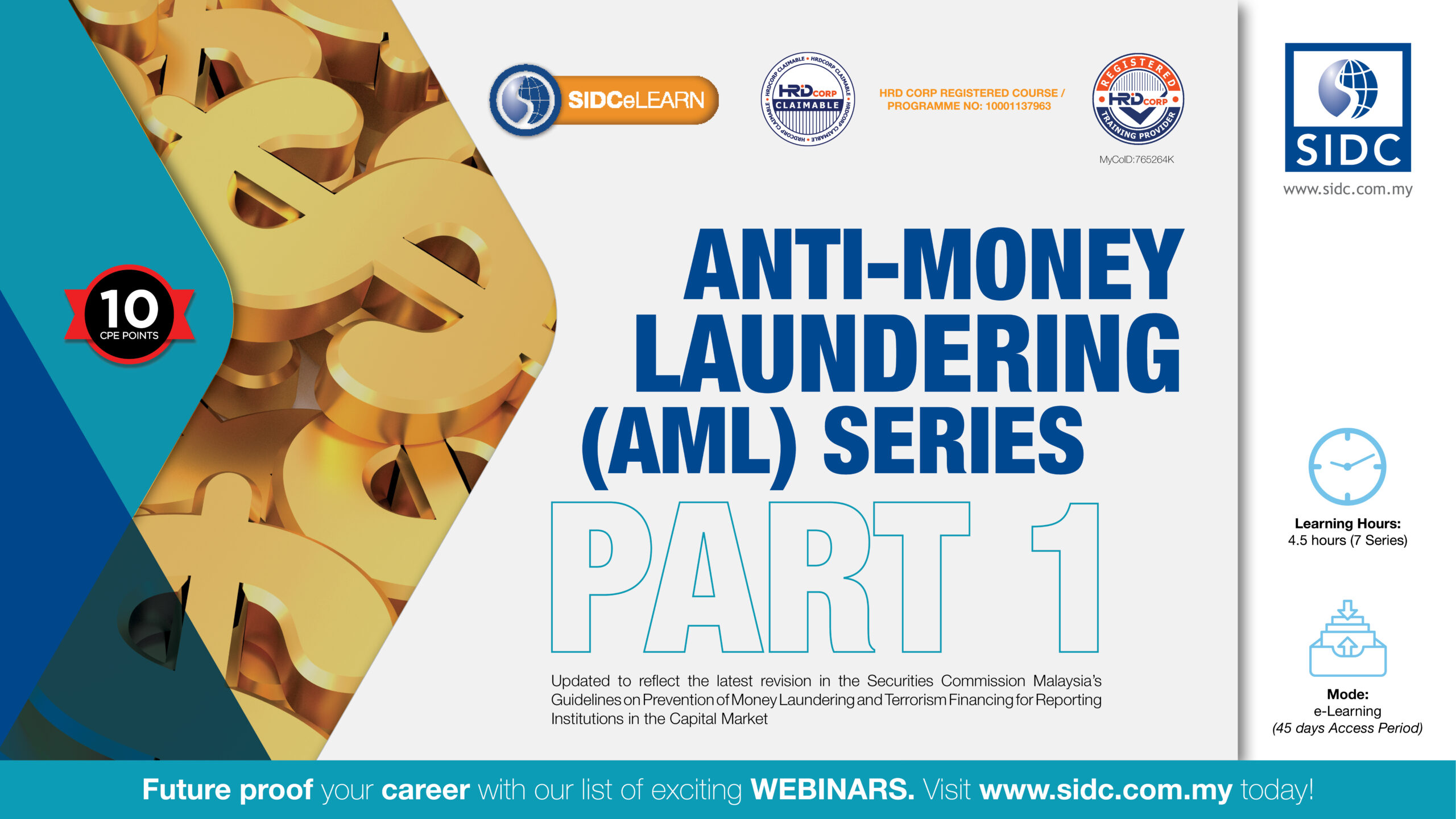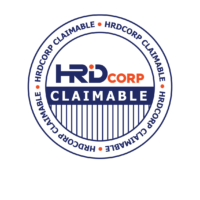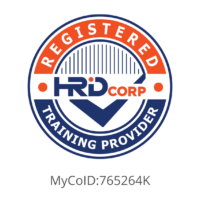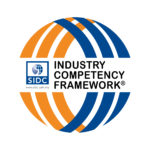



HRD Corp Registered Course/Programme No.: 10001137963
Learn Anti-Money Laundering Series ONLINE and fulfil your CPE points anytime, anywhere!
Learning and development made simpler and more interactive.
SIDC has developed an online learning environment where our programmes are now available without the constraints of time, space and location. Traditional contents are transformed into simple yet effective and self-paced modules.
Learning Hours:
4.5 Hour (7 Series)
Fee:
MYR 550.00 (fee is not inclusive of SST)
CPE Points & CPD Hours Earned :
10 CPE Points | 8 CPD Hours
The listed price is intended for Malaysian participants only. If you are a non-Malaysian, we kindly request you to reach out to us at sales@sidc.com.my for further information.
Experience SIDC’s Anti-Money Laundering (AML) Series Online
-
- Case study simulations of AMLA cases in Malaysia
- Access to downloadable acts, guidelines and checklists
- Guided by recommended learning hours for you to plan your learning-time efficiently
- Concise learning objective for each AMLA Series with “Knowledge Check” assessments at the end of each module
- User friendly and lightweight learning Contents-Improved level of interaction between user and courseware comprising infographics, audio clips and downloadable media
About SIDC’s Online Anti-Money Laundering (AML) Series
Money laundering is a potential indicator of terrorist funding and other global crimes, making it necessary for practical training on AML. This is the first part of online AML training comprising 7 series and is intended to lay down the foundations of AML principles, requirements and expectations prescribed by the Anti-Money Laundering, Anti-Terrorism Financing and Proceeds of Unlawful Activities Act 2001 (AMLA) and the relevant guidelines issued by Securities Commission Malaysia. Each series is interspersed with short assessments to ensure effective learning of each participants.
Learning Outcomes
Upon completion of the AML Series – Part 1, participants will be able to apply prescribed practices and procedures to ensure mitigation or detection of possible incidences of money laundering and terrorism financing (ML/TF).
Who Should Register?
Designed for those who perform or undertake functions relevant to AML/CFT functions, mainly:
- Employees in front-office functions such as Dealer’s Representatives, Derivatives Representatives, Portfolio Managers, Sales and Marketing Executives and Employees of Registered Persons
- Compliance functions
- Internal/external audit functions
- Risk management functions; and
- Employees of regulatory and enforcement agencies
Competency Level
 |
Foundational (Regulatory): FOR01 Anti-Money Laundering (Proficiency Level 3) FOR02 Capital Market Institutions (Proficiency Level 3) FOR04 Capital Market Products Regulation (Proficiency Level 3) Functional (Process Skills): FUP14 Know Your Client (Proficiency Level 3) FUP05 Data and Records Management (Proficiency Level 3) |
What will you learn from SIDC’s AML Series?
Designed in 7 parts, the AML Series will provide you with comprehensive understanding and applications of Money Laundering and Terrorism Financing as per details below:
AML Series 1: Essentials of Anti- Money Laundering & Terrorism Financing
Recommended Learning Hours:
40 minutes (including Short Assessment: 10 minutes)
In Series 1, you will be able to identify the process of money laundering and terrorism financing activities, its modus operandi and abuse of financial institutions, while also highlighting its impact on the economy. Gain insights into the processes and steps to prevent money laundering activities as well as outline the different types of money laundering activities in the capital market.
Outline
- What is Money Laundering?
- Why Launder Money?
- What is Terrorism Financing?
- Money Laundering vs. Terrorism Financing
- Knowledge Check (Quiz)
Objectives
By the end of this series, you will be able to:
- Identify processes and steps to prevent money laundering activities
- Outline the processes to detect and report potential money laundering transactions
- Recognise the importance of preventing money laundering and terrorism financing activities
- Outline the different types of money laundering activities in the capital market industry
AML Series 2: Malaysian AML/CFT Regulatory Framework
Recommended Learning Hours:
40 minutes (Short Assessment: 10 minutes)
In Series 2, you will learn about the laws and regulations related to anti-money laundering and counter financing terrorism, while also highlighting the general principles in combating its occurences.
Outline
- International Standards on AML/CFT Regime
- AML/CFT Regime in Malaysia
- The Offence of Money Laundering & Terrorism Financing (ML/TF)
- Guidelines – The Securities Commission Requirements
- General Principles & Policies to Combat ML/TF
Knowledge Check (Quiz)
Objectives
By the end of this series, you will be able to:
- Identify the laws and regulations related to anti-money laundering
- Recognise the importance of preventing money laundering and terrorism financing activities
AML Series 3: Know Your Customer
Recommended Learning Hours:
40 minutes (including Short Assessment: 10 minutes)
In Series 3, you will learn the importance of Know Your Client (KYC) measures and its advantages to both the reporting institution and respective clients. You will get hands-on experience in verifying the information provided by the client as well as how to conduct fact-finding to obtain sufficient information about the client.
Outline
- What is Know Your Customer (KYC)?
- The Importance of KYC
- KYC Obligations
- Data Protection Under KYC
- Knowledge Check (Quiz)
Objectives
By the end of this series, you will be able to:
- Identify the process to verify the information provided by clients
- Monitor and update client’s information and transactions continuously
- Conduct fact-finding to obtain sufficient information about clients
AML Series 4: Customer Due Diligence
Recommended Learning Hours:
40 minutes (including Short Assessment: 10 minutes)
In Series 4, you will uncover the Customer Due Diligence (CDD) process that needs to be undertaken by a Reporting Institution (RI) in evaluating prospective clients and in the prevention of Money Laundering & Terrorism Financing.
Outline
- What is Customer Due Diligence (CDD)?
- Customer Identification
- Politically Exposed Persons (PEPs)
- Screening Client’s Name
- Customer Risk Profiling
- Managing Risk Through Enhanced CDD (ECDD)
- Ongoing CDD
- Knowledge Check (Quiz)
Objectives
By the end of this series, you will be able to:
- Gather information and/or documents for the due diligence process within given timelines
- Review and verify the validity of information and/or statements gathered for accuracy and sufficiency
- Document and present due diligence findings for preparation and submission
- Perform customer/ counterparty due diligence in a timely manner to assess the risk of conducting business with the client
- Conduct due diligence to verify client information with the relevant authorities
AML Series 5: Managing Suspicious Transactions
Recommended Learning Hours:
40 minutes (including Short Assessment: 10 minutes)
In Series 5, you will get your hands dirty as you learn how to detect suspicious transactions out of several other transactions and next steps in dealing with them. The Series also highlights what participants should know about Suspicious Transactions Report (STRs), their responsibilities and types of red flags.
Outline
- What are Suspicious Transactions?
- Classifications of Suspicious Transactions
- Suspicious Transactions Report (STR)
- Submission of STR
Knowledge Check (Quiz)
Objectives
By the end of this series, you will be able to:
- Perform customer/ counterparty due diligence in a timely manner to assess the risk of conducting business with the client
- Recognise suspicious transactions as defined by AML laws and regulations
- Detect and report potential suspicious transactions in accordance with AML procedures
AML Series 6: Risk-Based Approach Application
Recommended Learning Hours:
40 minutes (including Short Assessment: 10 minutes)
In Series 6, you will be focusing on the measures that a Reporting Institution (RI) should adopt to establish risk-based mechanisms, tools and practices to oversee the effectiveness with which they manage their money laundering/financing of terrorism (ML/TF) risks.
Outline
- Risk Assessment
- Risk-Based Approach (RBA)
- Business-based Risk Assessment (BbRA)
- Relationship-based Risk Assessment (RbRA) documentation of the RBA Process
- Knowledge Check (Quiz)
Objectives
By the end of this series, you will be able to:
- Conduct fact-finding to obtain sufficient information about clients
- Conduct due diligence to verify client information with relevant authorities
- Assess a client’s risk profile based on available information
- Adopt the risk-based approach to manage and mitigate potential money laundering activities
AML Series 7: Retention Records
Recommended Learning Hours: 30 minutes
(including Short Assessment: 10 minutes)
Finally, Series 7 will outline the Reporting Institution’s (RI) obligations with regard to record-keeping for the purpose of countering money laundering and the financing of terrorism.
Outline
- Record Keeping Obligations
- Time Frame for Keeping Records
- Overall Objectives of Keeping Records
- Knowledge Check (Quiz)
Objectives
By the end of this series, you will be able to:
- Identify the purposes for which data will be processed and kept as records
- Collect, retain and use data in accordance with existing legal requirements and procedures
- Establish the purposes for which data will be processed and kept as records based on business and legal needs



